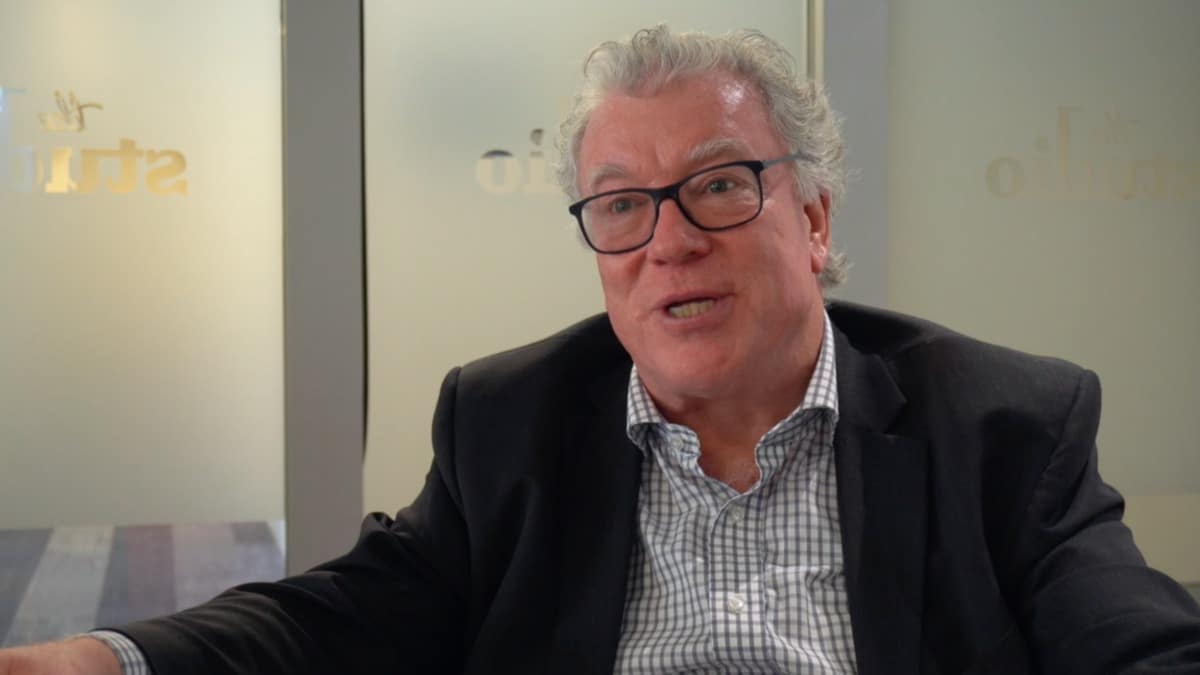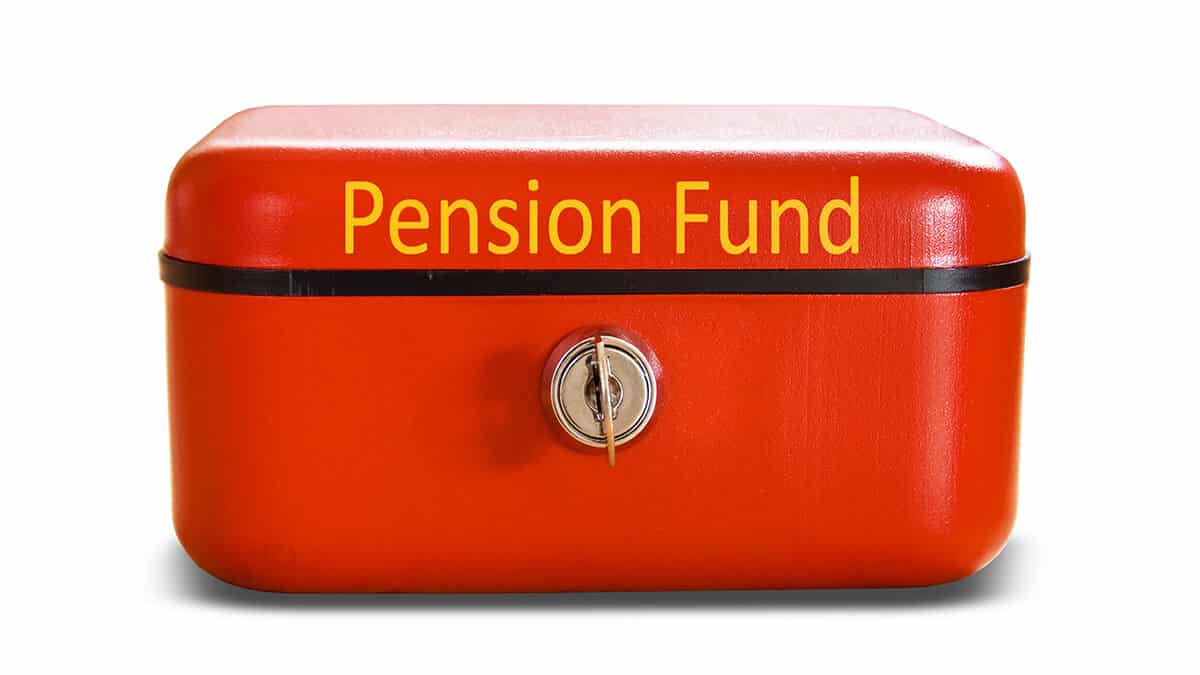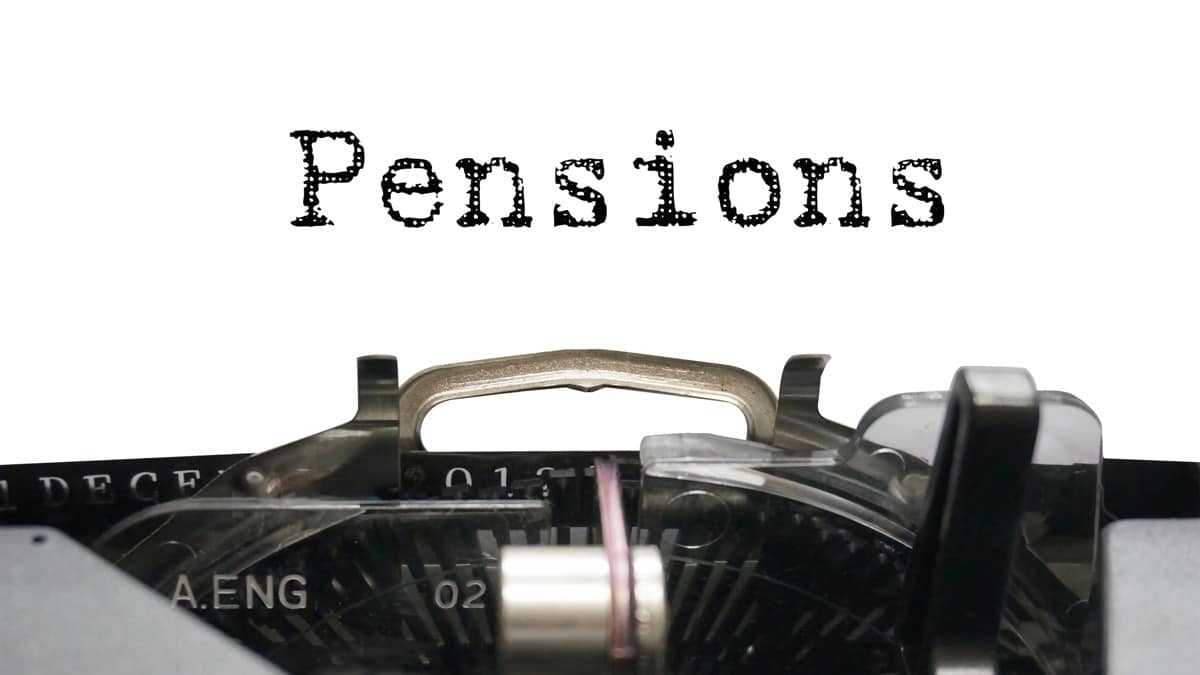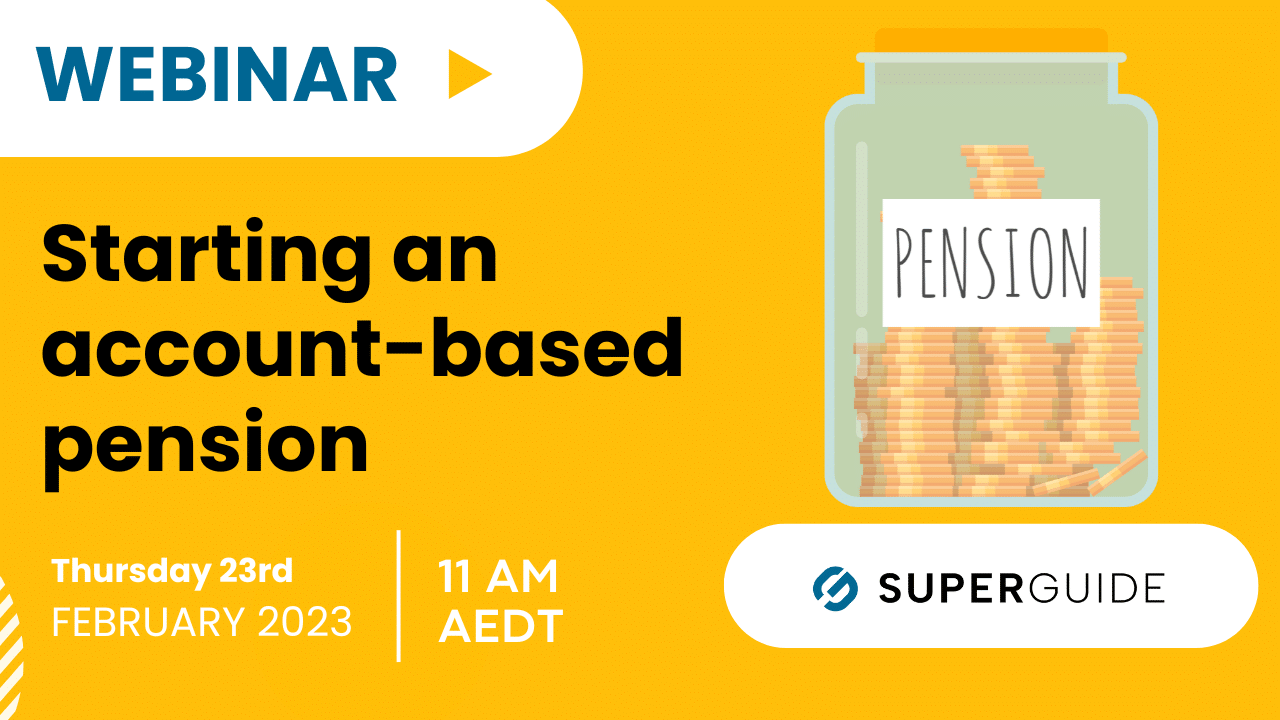John Maroney, CEO of the SMSF Association explains the amnesty on legacy retirement income products that was announced in the 2021 Federal Budget.
Transcript
What was announced in the Federal Budget about the amnesty on legacy pension products?
So one of the budget announcements was to allow holders of legacy pensions in small APRA funds and self-managed super funds to convert those legacy pensions over a two-year period into a more modern style of product. So just a bit of background to how this has come about. A lot of these were set up many years ago and different forms of arrangements. Some were lifetime complying pensions and annuities and others were market-linked pension and annuities that commenced before July 2017. And also fixed term or life-expectancy products.
And these products were attractive at the time that people set them up. Some of the older ones were for purposes of optimising their treatment under reasonable benefit limits, which used to be a system that controlled the total amount of benefits you could get out of the superannuation system.
But what’s happened over the past decade and longer is these products now no longer suited their needs. The rules have changed. The reasonable benefit limits have been abolished and people have found themselves trapped in these products, quite often with higher administrative expenses because of the complexity involved and the reserves attached that would help protect against those that were going to live longer than average life expectancy. And it was effectively impossible for those reserves to be utilised. Even when a person passed away it was unclear as to what the treatment would be.
So there’s a lot of complexity around them. We think there’s probably at least 10,000 of these around, maybe more than 20,000 around in different places. And people are sort of trapped in those.
So we put in a submission in one of our budget submissions that people should be given at least a 12-month period to move out of the system.
It was pleasing to see a two-year period given. That would give people time to think about it and get some advice, because there are various issues involved in terms of social security and Centrelink treatment. And the government has also proposed that there be a tax of 15% on the release of any of the reserve elements, which can be quite large depending on circumstances. And so people do need to get advice about whether they should do it and what the implications will be. So that’s a bit of the background about those legacy pensions.
Would SMSFs be aware that they hold these products?
I think most people would. If they’re not sure they should talk to their adviser or administrator to check whether their income stream currently falls under those categories. But I expect most people would be aware if they’ve had them for quite a while. And there’s probably issues that have come up each year and thinking about could they be commuted and replaced with something else.
So it would certainly be a good idea to check as I said with your adviser or administrator. We have to wait for the government to actually pass the legislation so that will probably take at least six months. It could be six to 12 months. And the process won’t start applying until after that legislation is through.
Is there anything that SMSFs should do now?
I expect the tax office would usually provide guidance on what is the process involved, what record-keeping is required and just how the process would work in practice. So I would wait for the legislation to go through, seek support from your specialist adviser, from your administrator, look for guidance that’ll be on the ATO website, and then make the decision as to whether it’s attractive to use that amnesty to make a shift some time in that two year period.
Why was this an important issue to resolve?
Yes, so it’s an issue we have raised over several years with the tax office and with Treasury and the government. So it’s one of those moments where it was really a matter of getting enough attention on it. But I think there’s been recognition that this is a problem area for, while it’s a declining population, as I said we’ve seen at least 10,000 and possibly over 20,000 that would be affected.
And we’re pleased that after several years of dialogue, that it was recognised as a problem that should be dealt with and provide that amnesty period. So we’re pleased the government has actually taken up that position, included in this year’s budget announcements. And we expect there will be quite a lot of interest in utilising that amnesty once it commences.
We will be advocating further in terms of the way that proposed tax relief is going to work, because we are aware there could be situations where quite a large amount of reserve has arisen, which there will be big questions about whether it’s fair in those cases for the tax adjustment to be applied to the full amount, and that depends on some fairly esoteric calculations.
So we’re looking more closely at just how it’s likely to work in practice and we will make some further representations now the government’s decided to go ahead as to just how that works, to try to ensure that it is as fair as possible for those that are choosing the amnesty.















Leave a comment
You must be a SuperGuide member and logged in to add a comment or question.